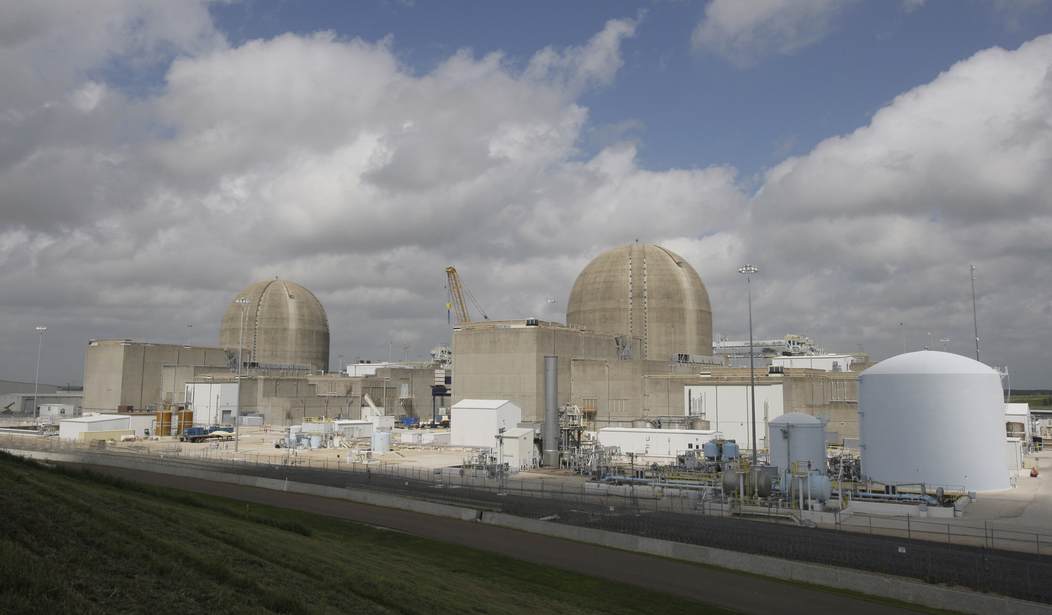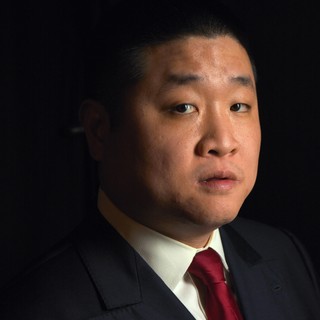Last week, I interviewed Dr. Yusuf Mugaloglu, CEO of New York Sustainable Energy LLC (NYSEC), a new U.S.-based energy firm founded by a multinational group of investors that is bringing billions in foreign direct and portfolio investment capital to develop the American energy production market.
Mugaloglu said that his team will be participating in the upcoming New York Energy Capital Assembly in June 2025, which will bring together key decision-makers, such as institutional investors, private equity funds, traders, family offices, and exploration and production companies.
He hopes to make use of the Trump administration's policies regarding tariffs and tax subsidies for domestic energy sector development.
"The brilliance of Trump's economic policies is that they incentivize what NYSEC brings to the table—unprecedented foreign direct investment in solar and portable nuclear energy projects, alongside critical infrastructure upgrades, including transformers and data centers. These forward-thinking policies foster an ideal environment for companies like ours to drive innovation, enhance energy independence, and build a more sustainable future for America," said Mugaloglu.
NYSEC is intent on meeting the economic policies of the incoming Trump administration and the domestic tech sector, which is demanding further growth in energy production to meet its growing needs, the CEO explained.
The cleanest and most efficient way to boost energy capacity, which has been neglected for years, is nuclear power, and insiders within Trump's inner circle are looking at exactly that.
Muglaloglu said that NYSEC envisions building a new system of nuclear power plants across the country and refurbishing already existing facilities, while developing the manufacture of advanced portable modular nuclear power generators in collaboration with UR Energy in Iowa, along with additional tech and AI upgrades.
Stephen Moore, an economic advisor for President-elect Donald Trump, whom I recently interviewed over the incoming administration's economic policies, shares a similar vision and said that nuclear energy is long overdue for an American renaissance after being neglected decades ago.
Recommended: Exclusive: Stephen Moore Describes How Trump Can Save the American Economy in His Latest Book
"We need to get back to building new plants so that we have the electric power capacity for the next generation of artificial intelligence and other uses that will tax the grid beyond what it can provide. AI will use three to four times as much energy as the internet, so demand is going to spike and we will be at risk of brownouts," Moore told HotAir in a separate interview.
According to Moore, the U.S. gets less than 20% of its electric power from aging nuclear plants that are now on the verge of being retired after decades of service and need to be replaced fast, or the nation will face a worsening energy production deficit as demand increases.
Germany, Europe's largest economy, has seen its industries implode after deciding to shut down its last nuclear power plants during the Ukraine war and is now having a severe electricity crisis. Meanwhile, in comparison to its faltering neighbor on the other bank of the Rhine, France is now more committed than ever to nuclear power to sustain its economy.
He called the Biden administration's hundreds of billions of dollars of investments in wind and solar subsidies insufficient to meet the needs of America's $25 trillion industrial economy and a massive waste of taxpayers' money.
Moore stated that nuclear is, in fact, the cleanest existing energy source, with minimal greenhouse gases, and if American nuclear power capacity was doubled over the next decade or so in conjunction with more domestic natural gas and oil drilling here at home, the U.S. would regain its energy dominant position to the chagrin of its foreign competitors.
In partnership with major American corporate players in the energy space, Mugaloglu explained that NYSEC will refurbish and maintain existing nuclear power plants using innovative AI digital technology and build new portable nuclear power plant designs.
General Electric, Hitachi, and Westinghouse are already competing in the small portable nuclear power generator market with their own new systems.
In tandem with its nuclear power program, NYSEC is also partnering with a Texas-based solar panel manufacturer to bring back solar panel manufacturing dominance to the United States.
The firm's investors hope that domestic expansion of solar panel production will be propelled by the expected Trump administration tariffs on Chinese solar panels and tax subsidy policies for local U.S. manufacturers.
Mugaloglu said that NYSEC will promote the use of its domestically produced solar power cells in its ongoing acquisitions and operations in Texas, which will drive local job creation and economic growth.
He also intends to use advanced fully automated robotics and AI in the solar panel manufacturing process, by monitoring the functionality of the solar panels using real-time interactivity to alert the operators when panels need to be replaced at the end of their functional life and inform designers about possible design improvements and upgrades.
NYSEC is further working closely with a Turkish manufacturer of state-of-the-art, high efficiency/low resistance power transformer cable systems, said Mugaloglu.
The Turkish-born CEO explained that America's growing demands for energy require not just increased production but a tremendous increase in the capacity of the power transmission grid, which he says his firm intends to do by bringing the manufacture of this technology to the United States.
"We're not just building domestic nuclear power generating capacity. We're also addressing the power transmission infrastructure shortfalls that are crippling America's growth right now and we're trying to import European (Turkish) electric power transformer hardware to solve a multiyear Chinese electric power transformer supply chain blockage crisis. We fervently hope to converse with Trump administration trade Czars to facilitate tariff reductions for the transformer hardware we can bring right now if we're allowed to do so," said Mugaloglu.
NYSEC also has at its disposal a unique proprietary financial tool to help facilitate the efficient harnessing of vast amounts of financial resources, which Mugaloglu designed himself.
The Ricardian Smart Contract (RSC) digital trading software (a blockchain-based system) is exclusively being used by NYSEC and allows the quick and relatively frictionless transfer of previously unthinkable amounts of funds to energy projects.
It also gives an unsurpassable competitive advantage to NYSEC in the international capital market, by enabling the creation of digital representations of paper-based assets. This allows seamless transactions of traditionally illiquid assets, such as privately held limited partnership shares or tax equity loans, thereby unlocking liquidity for energy holdings. The new technology further provides a robust solution to combat fraudulent issuance of tax credits and similar financial instruments.
RSC can be leveraged to manage other illiquid assets across other industries worldwide while having the potential to enhance the global competitiveness of U.S. financial markets by fostering transparency, efficiency, and liquidity in financial transactions on a global scale.
"You might think the NYSEC story is just a big money business startup, but I would suggest that it's really a multi-layered political trend piece in that it represents the anticipated effect the Trump counter-revolutionary policies (such as tariffs, manufacturing tax credits, targeted subsidies and domestic energy support) are having to: spur massive new foreign direct and portfolio investment in our energy and manufacturing sectors, revive nuclear power plant construction and generation, rebuilt and expand our electricity transmission infrastructure, and more," said Douglas Dechert, NYSEC's communications director.










Join the conversation as a VIP Member